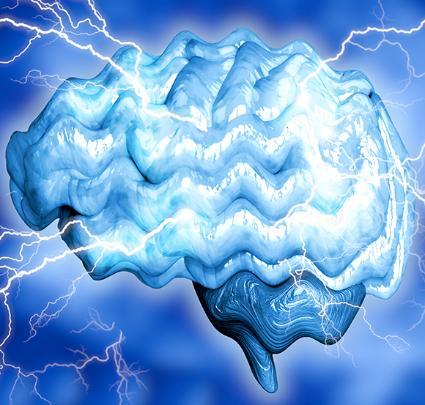Searching for answers to a common brain disorder
 Epilepsy is a chronic disorder of the brain that is not contagious and affects people of all ages. Approximately 50 million people worldwide have epilepsy, and 85,000 people in the state of Virginia have the disease. One person in 26 experiences a seizure in his/her lifetime. In the United States alone, $9.6 billion are spent each year on epilepsy treatment. Nearly 80% of those with epilepsy are found in developing regions. Epilepsy responds to treatment 70% of the time. Those with epilepsy and their families often suffer from stigma and discrimination in many parts of the world.
Epilepsy is a chronic disorder of the brain that is not contagious and affects people of all ages. Approximately 50 million people worldwide have epilepsy, and 85,000 people in the state of Virginia have the disease. One person in 26 experiences a seizure in his/her lifetime. In the United States alone, $9.6 billion are spent each year on epilepsy treatment. Nearly 80% of those with epilepsy are found in developing regions. Epilepsy responds to treatment 70% of the time. Those with epilepsy and their families often suffer from stigma and discrimination in many parts of the world.
Patients with epilepsy are:
- at risk of early mortality, especially from suicide;
- struggling for access to high-quality healthcare;
- misunderstood and discriminated against by the public; and
- suffering physical disability, unemployment and social isolation.
Studying how the immune system can contribute to epilepsy
The CINID project focuses on the ways inflammation and the immune system can cause epilepsy to develop down to the cellular and molecular level. Researchers use experimental models and apply them to state-of-the-art recordings of neural activity. The recordings are created using microelectrodes implanted in living brains. Researchers examine whether certain patterns of activity may point to neural damage. They will also study the microglia cells, the primary form of immune defense in the nervous system, both on a microscopic level and through biochemical processes. Their goal is to find the biological markers that can predict whether someone will become an epileptic and the find therapies to prevent a patient from suffering recurring seizures.